Comparing 20 vendors in Internet of Things Technology Solutions across 0 criteria.
What’s
Included in
This Report
Company Profiles
Strategy, financials, growth, and SWOTMarket Insights
Visual quadrant of competitors and leadersBenchmarking
Compare by product, region, and end-userLead Gen Add-on
Use the quadrant to attract clients- Analyst-led
- One-time payment
- Instant Access
Latest Industry News
News Content Hub - Amazon gains FCC approval, builds distribution network
 www.rivieramm.com
www.rivieramm.com
 Feb 2026
Feb 2026
The AI "Arms Race": A Battle Amazon Can't Afford to Lose
 36 Kr
36 Kr
 Feb 2026
Feb 2026
AWS CEO Garman says software AI fears are 'overblown'
 CNBC
CNBC
 Feb 2026
Feb 2026
Amazon One Medical unveils Health Insights
 Drug Store News
Drug Store News
 Feb 2026
Feb 2026
Google Cloud Is The New AWS: Why The Hyperscale Pecking Order Just Flipped (GOOG) (GOOGL)
 Seeking Alpha
Seeking Alpha
 Feb 2026
Feb 2026
Amazon Pharmacy ramps up same-day medication delivery service across US during 2026
 Retail Technology Innovation Hub
Retail Technology Innovation Hub
 Feb 2026
Feb 2026
Company List
Full List
Company List +
| AMAZON | Washington, USA | 1994 | Public |
| AYLA NETWORKS | |||
| BROADCOM LIMITED | California, US | 1961 | Public |
| DELL INC | Texas, USA | 1984 | |
| EFFTRONICS INDIA PVT. LTD. | |||
| HELIUM SYSTEMS INC. | San Francisco, California, US | 2013 | |
| IBM CORPORATION | Armonk, New York, US | 1911 | Public |
| INTEL CORPORATION | Santa Clara, California, US | 1968 | Public |
| KLA Corporation | Milpitas, California, US | 1975 | Public |
| KUDELSKI GROUP | Cheseaux, Switzerland | 1951 | |
| KYIVSTAR | |||
| LOSANT | |||
| NOTION | |||
| PANDUIT CORPORATION | Illinois, US | 1955 | Private |
| PEPPER IOT | |||
| PTC INC | Massachusetts, USA | 1985 | |
| SOITEC | |||
| TELE2 IOT | |||
| TEXAS INSTRUMENTS INC | Texas, US | 1930 | Public |
| UPTAKE | Illinois, USA | 2014 | Private |


